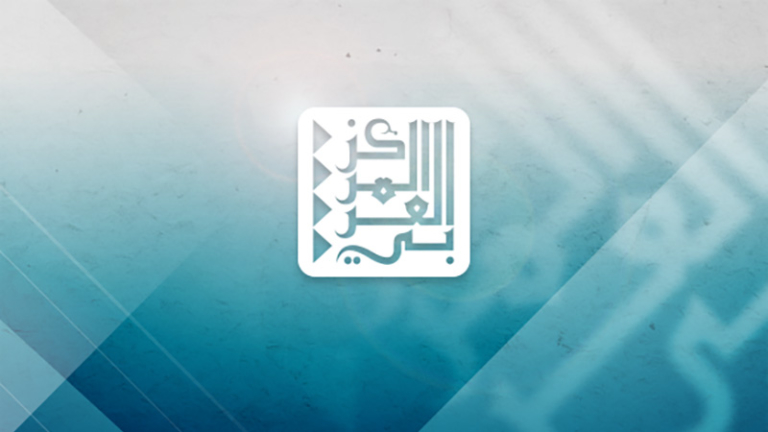
Libya’s confusing political environment just became a little more so with the reported illness of strongman General Khalifa Haftar. He is commander of the so-called Libyan National Army (LNA), power broker in the east of the country, and challenger to the United Nations-supported Government of National Accord (GNA) in Tripoli. Haftar’s apparently debilitating condition will most likely remove him from the contentious political atmosphere, but that will not necessarily ease Libya’s troubles. In fact, the rivalries and competition in which the general has been an active player will continue after his departure and perhaps become more acute.
Succession quarrels between Haftar’s lieutenants are sure to ensue, not only because of internal considerations but also as a result of his relations with outsiders. Rising from seeming obscurity, since the beginning of 2014 General Haftar has succeeded in controlling political life in eastern Libya, challenging Islamist forces in Benghazi and its environs, and establishing an important alliance with Egypt, the United Arab Emirates, and Russia. Thus, the succession and the future leadership of the LNA remain pivotal not only for future developments in Libya but also for the trio’s strategic calculations in the southern Mediterranean Sea.
Libya’s disparate political landscape makes all predictions risky. On the one hand, Haftar has the support of a House of Representatives (HoR) that refuses to accept the Libyan Political Agreement (LPA), which was negotiated by the United Nations in 2015 and created the GNA. His Libyan National Army controls at least half of the country and a good portion of its oil fields and export platforms on the Mediterranean.
On the other hand, the prime minister and leader of the GNA, Fayez al-Sarraj, garners international support and legitimacy in Tripoli but has no discernible power or military base. Alongside the two are myriad local militias that have become power centers and enjoy different degrees of autonomy and control over disparate geographical areas. Even Saif al-Islam Qadhafi, son of the former dictator, has made a comeback, claiming the support of tribes previously constituting his late father’s political base.
Meanwhile, Ghassan Salamé, special representative and head of the UN Support Mission in Libya (UNSMIL), continues to seek a working formula between the parties in accordance with the LPA and its provisions. He hopes to be able to organize a round of national elections for a unified parliament and a president but complains that essential conditions for that do not exist: a constitution governing the nature and politics of the country, an electoral law that assures good representation, and a legal and successful voter registration drive. At a minimum, any such process requires the participation of all political forces and a commitment by the international community to assist in implementing it.
But for political forces––post-Haftar LNA, HoR, GNA, militias, tribes, and others––to coalesce around a UN-sponsored process, outside interference has to cease. As it stands today, Egypt and its allies are determined to thwart any agreement that allows for the participation of Islamist factions in Libya’s future political life—hence their support for Haftar. Egypt and the UAE actually conducted air raids to assist his military operations against Islamist positions. Russia has also provided special forces to train his troops on the Libyan-Egyptian border.
European countries must do their part to help. So far, those European nations affected by Libyan developments, such as Italy, Greece, and France, have focused their efforts on preventing Libya from becoming a transit station for African and other migrants. Decreased reporting on migrant deaths in the Mediterranean may be an indication that they may have succeeded. But only a stable Libya with a functioning government and strong state institutions can be the ultimate guarantee.
While the United States seems to have withdrawn from any role in Libya, it remains essential that Washington exert pressure on its Egyptian and Emirati allies to stop meddling there. Washington can also work with the United Nations to help its special envoy Salamé in devising the much-needed political arrangement for peace in Libya.

